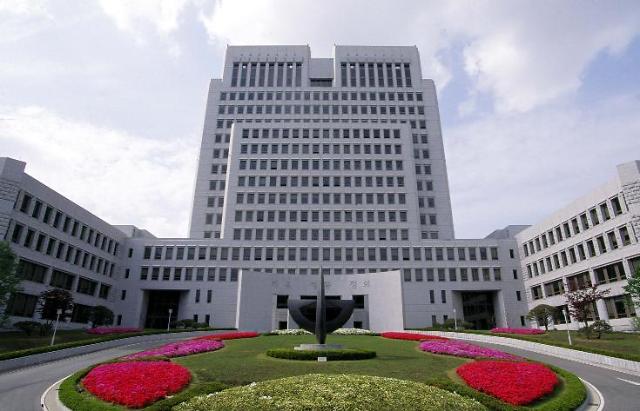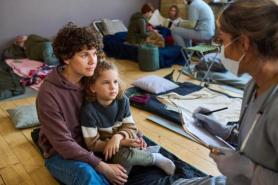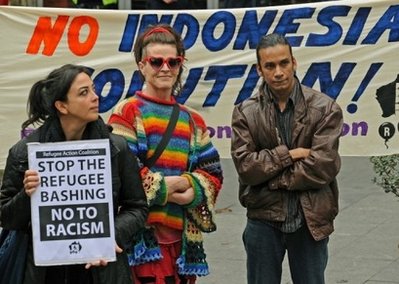
[Courtesy of Supreme Court]
South Korea's highest court ruled in favor of a 15-year-old girl from Liberia who has staged a legal battle with her mother to get refugee status for fear of female genital mutilation at their homeland.
The Supreme Court said the case was sent back to the Seoul High Court for retrial, citing the risk of persecution if the girl is repatriated to the African country.
In Liberia, the Sande female secret society has carried out female genital mutilation (FGM) as part of a rite initiating girls into womanhood. A bill has been introduced to strengthen legislation on violence against women, including a ban on FGM, but women still face FGM in the West African country.
Lower courts sided with immigration authorities, insisting circumcision has been perpetrated privately and the girl could seek government protection because Liberia's political situation became stable.
The Supreme Court ruled that government efforts in Libera seemed not enough to eradicate FGM.
"Circumcision is tantamount to persecution as it injures a key part of a woman's body is not performed for medical purposes but a traditional, cultural, and religious act that poses a direct threat to the body of a woman with extreme pain and violates human dignity," the court said.
The girl's mother left her home at the age of 17 after being sexually assaulted by her uncle who was a member of the Sande religious cult and tried to have her circumcised. In Ghana, she met a man and gave birth to a daughter in 2002.
In 2012, the mother came to South Korea because her younger sister had settled north of Seoul earlier. While being hired as part-time migrant workers, the mother sought asylum to gain stable residency.
The daughter filed a lawsuit after South Korea's justice ministry refused to recognize her as a refugee.
Copyright ⓒ Aju Press All rights reserved.



